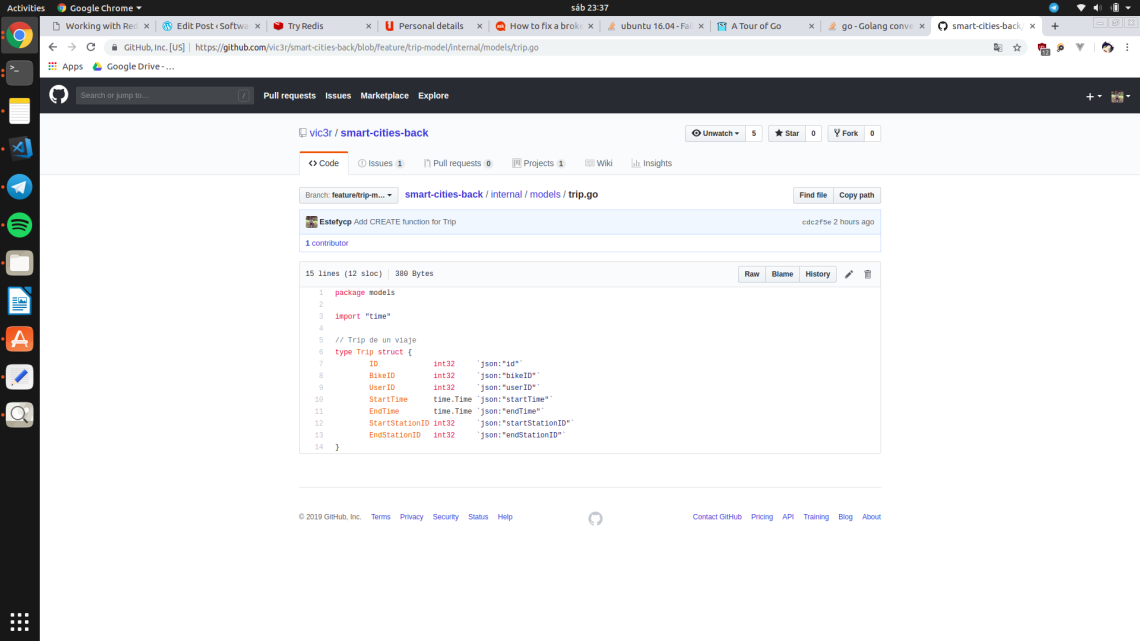--Originally published at Software engineering
Update of the project: I added a zone model and an endpoint. I think we are doing well on the back-end although I feel there are things that are like for bigger projects (performance things) and that maybe our project does not need so much, but its fine.
Issues, implications and mitigations of the surveillance aspects of Smart Cities
Smart technologies aim to improve living conditions in cities. However, they are also capable of compromising our privacy. What is the limit of the smart?
Technologies offer an opportunity for development and it would be wrong at a certain point to oppose. There are areas in which technology is not always a response or, at least, where the inclusion of technology can generate greater risks to its eventual benefits. One aspect where this is especially important is in privacy.
The challenge of a smart city lies in knowing how to take advantage of the information and use it in a good way without trespassing personal limits but ensuring quality and useful information. If we think of these data as the new natural resource that moves the economy and society, the commitment to protect them is the minimum that those who extract value from them must offer.
For a smart city to be sustainable in the long term, it must be based on trust. Beyond the efficiency generated by emerging technologies, trust must be at the center, from its design, to its operation and results.
Given the massive data leaks becoming more frequent, citizens need to be aware of the actions taken to protect our data. Public and private organizations that obtain, store, manage, process or transmit our information need to be transparent about how they operate.
So, what I am saying is: becoming a smart city is imminent, the best thing Continue reading "week 7" →








